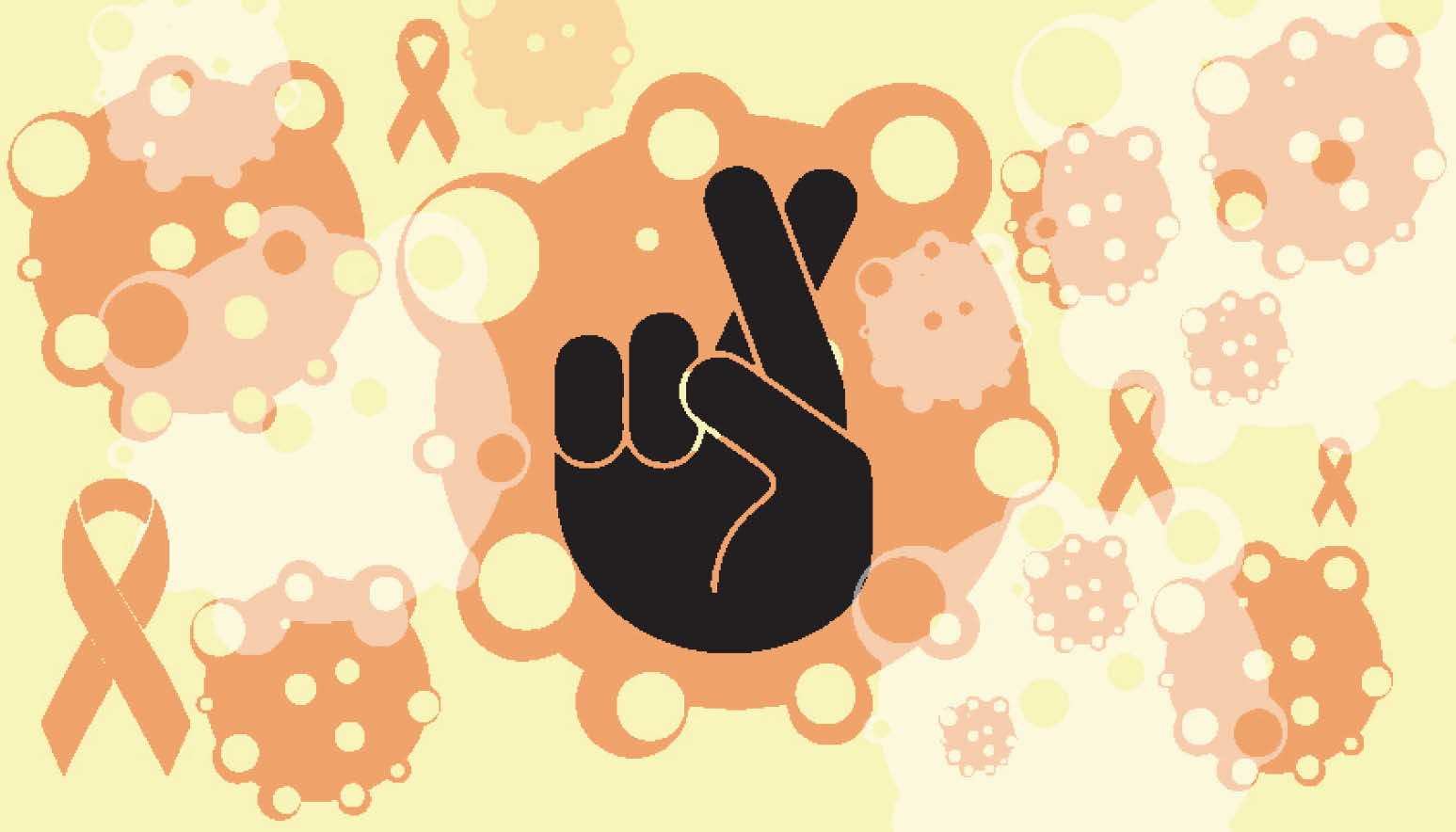People lie all the time. Bill Sullivan, writing for Psychology Today, cited a 2002 research by University of Massachusetts psychologist Robert Feldman who said 60 per cent of participants lied at least once during a 10-minute talk, telling an average of two to three lies. This means that if you put 10 people in a room, six of them are likely to be liars. Not only that, those six people would tell an average of two to three lies in ten minutes!
What is more surprising is that lying and keeping secrets is linked with bigger diseases like cancer.
- Nigerians urge support for military as criminals kill 183 soldiers in 6 months
- I made some personal mistakes – Cleric jailed 9 years for links with Al-Qaeda
I never knew that lying can damage our bodies until I read Martha Beck’s book, “The Way of Integrity”, this week.
The book reported that lying has been associated with many illnesses including heart disease, cancer, as well as a variety of emotional symptoms such as depression, anxiety, and hostility.
Also, “According to a 2015 review article, constant lying is associated with an array of negative health outcomes including high blood pressure, increased heart rate, vasoconstriction, and elevated stress hormones in the blood, ” wrote Psychology Today.
It is easy to believe that lying can cause anxiety and stress which is actually supported by Psychology Today. I however found it difficult to accept that lying was associated with cancer. So I chose to dig further and found more evidence.
For example, Chris Illiades, MD, mentioned another scientist Deirdre Lee Fitzgerald, PhD, assistant professor of psychology at Eastern Connecticut State University in Willimantic. who said: “Research has linked telling lies to an increased risk of cancer, increased risk of obesity, anxiety, depression, addiction, gambling, poor work satisfaction, and poor relationships.”
But how does this happen? We know that lying is bad for social relationships. However, how can something seemingly innocuous cause such a devastating outcome?
Here is how Bill Sullivan explained it in Psychology Today:
“Many lies are trivial and are told simply to keep the peace or make someone feel good. Examples include niceties such as ‘You can’t tell that you’re wearing a toupee!’ or ‘The turkey doesn’t taste dry to me!’ But more sinister lies, such as falsely accusing someone of a crime or lying to investors, can have devastating consequences. Dishonesty puts the brain in a state of heightened alert, and this stress increases with the magnitude of the lie.”
Not only that, “when we engage in deceit, our respiratory and heart rates increase, we start to sweat, our mouth goes dry, and our voice can shake. Some of these physiological effects form the basis of the classic lie-detector (polygraph) test.”
Illiades explained further: “The main way that telling lies impacts health and longevity is through increased stress. Lying is taxing both physically and emotionally. Because one lie leads to another, you can be forced into a nerve-wracking cycle of lies that becomes harder and harder to keep track of. Long-term exposure to stress can lead to serious health problems and can decrease longevity.”
There it is! Lying stresses your body – the bigger the lie, the bigger the stress. This is how lie-detectors detect liars. But sociopaths (people without empathy ) can beat lie detectors – even regular people can be trained to beat the machine. But there is something that is difficult to beat – the real reactions that are taking place in the brain.
“In contrast, brain imaging studies are proving to be much more informative for learning about the body’s response to lying,” Sullivan wrote. “Symptoms of anxiety arise because lying activates the limbic system in the brain, the same area that initiates the “fight or flight” response that is triggered during other stresses. When people are being honest, this area of the brain shows minimal activity. But when telling a lie, it lights up like a fireworks display. An honest brain is relaxed, while a dishonest brain is frantic.”
Other experts have mentioned that lying can foster relationships. But its demerits far outweigh whatever advantages one can gain from lying.
So, for the next full calendar year – or at least a week – resolve not to tell a single lie. Maintain a journal to record what happens after you stop lying. You may benefit from improved health and relationships, as a group of subjects who stopped (or attempted to stop) lying for ten weeks did. And, if you do lie, don’t abandon your challenge. Simply forgive yourself and recommit to not lying again until the challenge is completed.

 Join Daily Trust WhatsApp Community For Quick Access To News and Happenings Around You.
Join Daily Trust WhatsApp Community For Quick Access To News and Happenings Around You.


